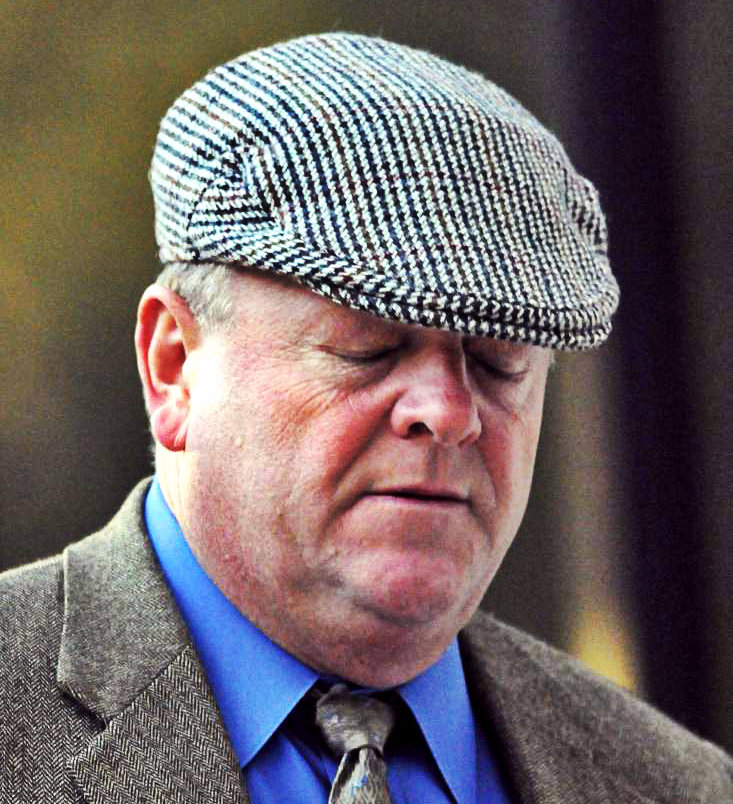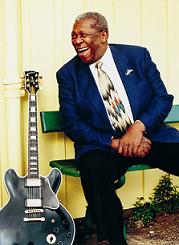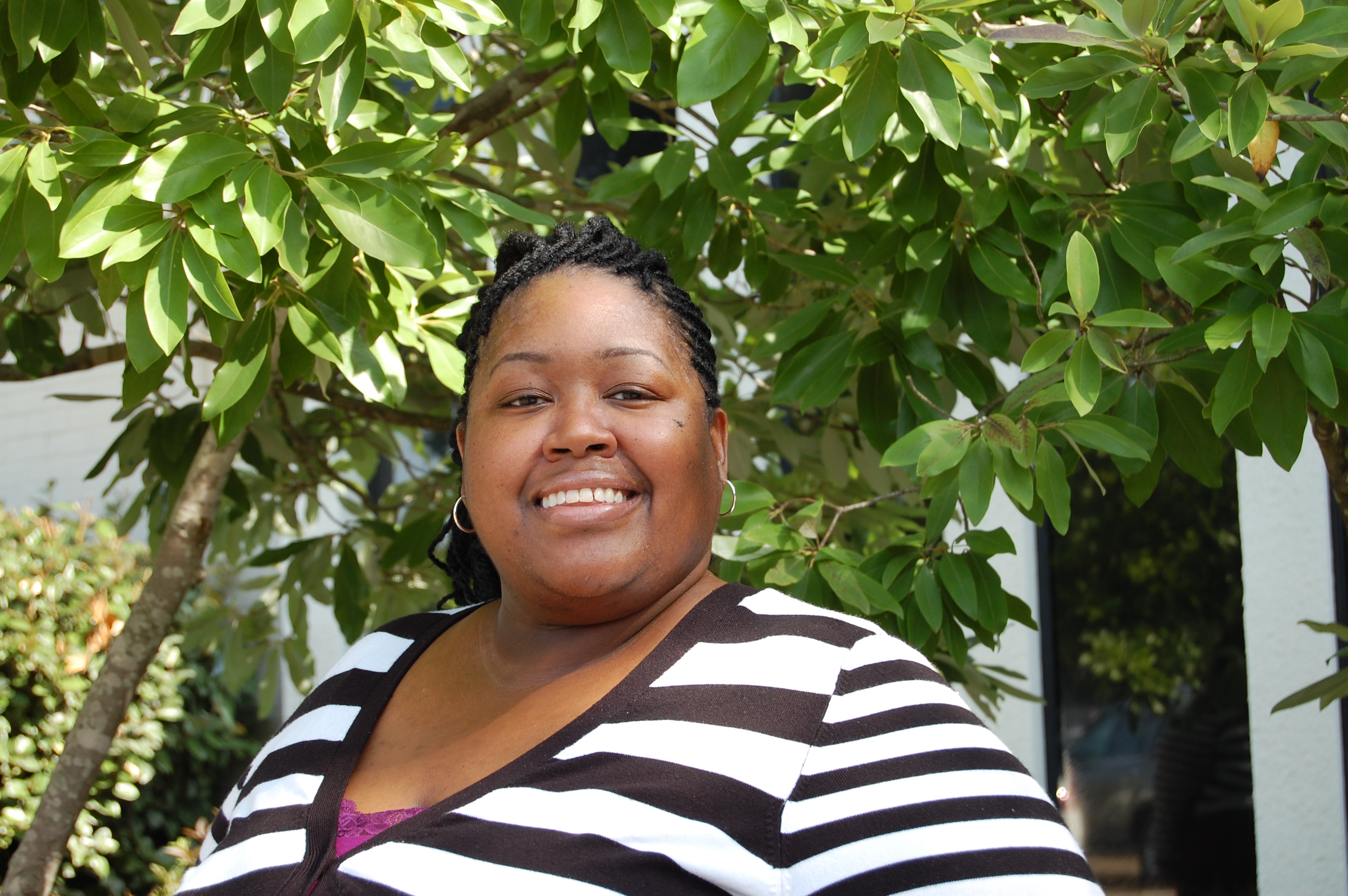

AP file photo
NEW ORLEANS — An ex-New Orleans police officer who burned the body of a man shot to death by a fellow officer in the chaos following Hurricane Katrina had his 17-year-sentenced reduced by more than five years Thursday by a federal judge.But Gregory McRae lost his bid for an even greater sentence cut.
U.S. District Judge Lance Africk reduced McRae’s sentence to 11 years and nine months because a federal appeals court last year tossed out one of his convictions related to the burning of Henry Glover’s body four days after Katrina hit in 2005.
But Africk insisted that a stiff sentence was still warranted, saying McRae took part in “a blue code of silence” following the shooting.
Africk rejected defense attorney Michael Fawer’s argument, bolstered by a forensic psychologist’s testimony, that McRae was mentally “unhinged” on Sept. 2, 2005, owing to four days with almost no sleep, pressure to help find and rescue people and horrific sights such as bodies floating in flood waters and dogs eating flesh from corpses.
Psychologist Rafael Salcedo said he believed McRae was suffering from the early onset of post-traumatic stress disorder by the time he burned the car containing Glover’s body, and that it diminished McRae’s ability to realize the action was wrong.
“Other first-responders with PTSD in the aftermath of Hurricane Katrina were not going around burning bodies,” Assistant U.S. Attorney Jared Fishman said while questioning Salcedo.
Fishman said circumstantial evidence presented at trial indicates McRae knew that Glover had been shot by then-police officer David Warren and burned the body as part of a cover-up. Fawer said there is no evidence that McRae knew at the time that Glover was shot by a police officer.
Five people were indicted on charges connected to Glover’s death and a resulting cover-up. McRae, who has served five years and whose wife died while he was imprisoned, is the only one whose conviction still stands.
Warren was initially convicted on a federal manslaughter charge, but, while imprisoned, he won a new trial when an appeals court said he should have been tried separately from those charged in the cover-up. Warren was acquitted after testifying he feared for his life when he shot Glover. He said he thought he saw a gun in Glover’s hand as Glover and another man ran toward a building he was guarding.
An officer convicted of writing a false report on the incident had his conviction thrown out after new evidence surfaced. Two other officers were acquitted.
One conviction against McRae was tossed in 2013 but resulted in no sentence cut. Last summer, a federal appeals court threw out McRae’s conviction for altering or destroying “any record, document, or tangible object” with the intent to obstruct a federal investigation, basing its decision on a recent Supreme Court precedent in an unrelated case.
McRae remained convicted on two other charges, neither of which directly deals with Glover’s body. One is unreasonable seizure of the car, owned by a friend of Glover. The other is “use of fire to commit a felony.”
“The facts behind your conviction deal with much more than the burning of an automobile,” Africk told McRae, who did not speak at the hearing. Africk said McRae’s silence about the shooting long after Glover’s death, and the destruction of Glover’s body, which would have provided vital evidence, remained factors in his sentencing.




Be the first to comment